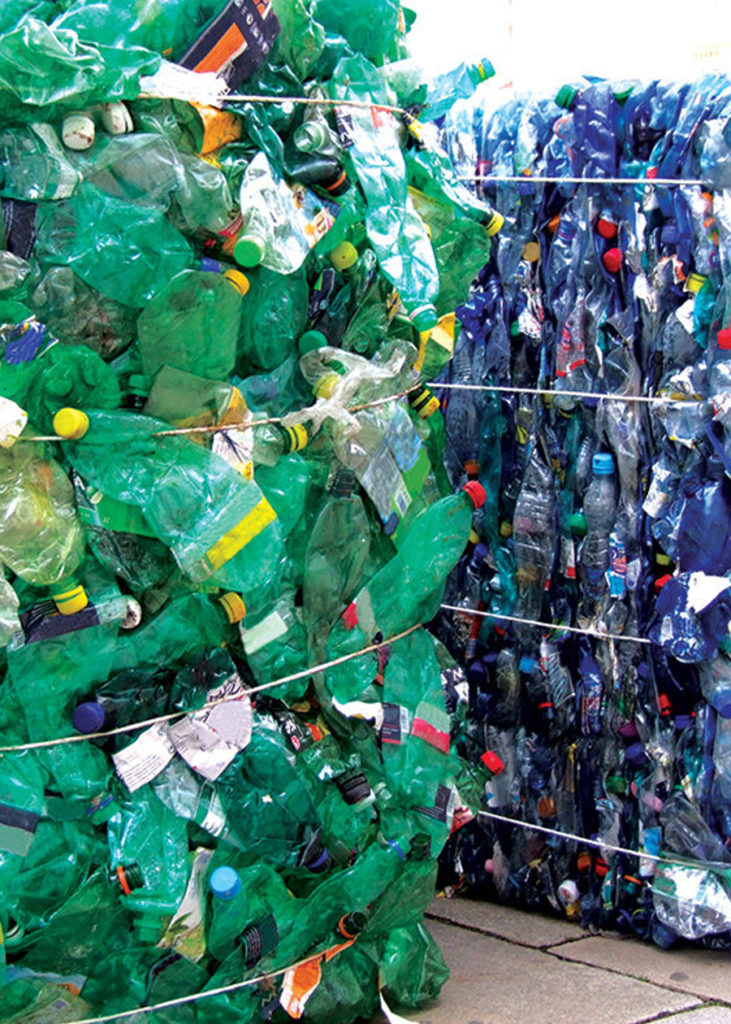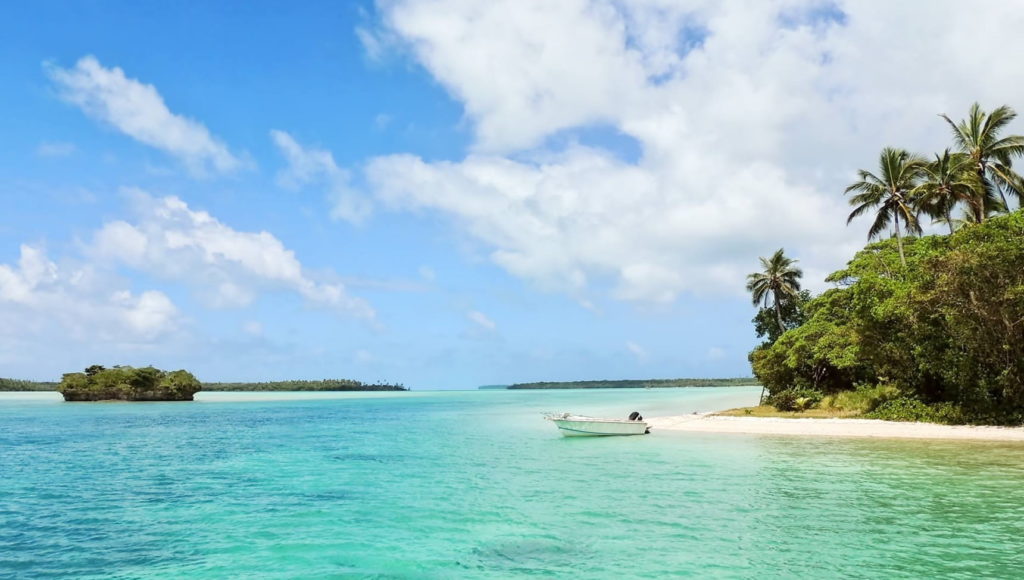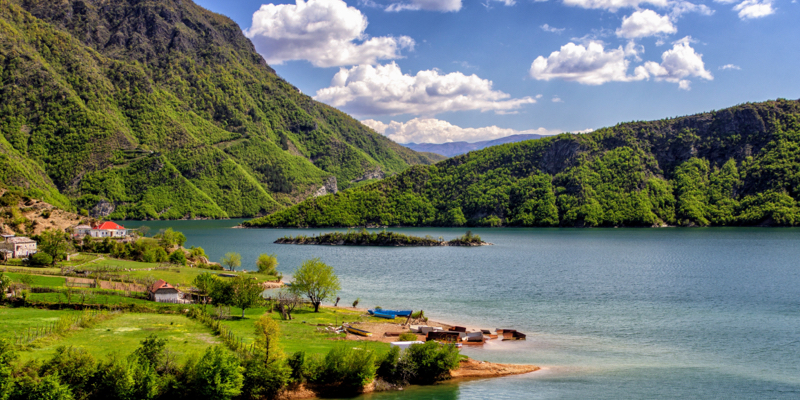- Sector : Waste Management
- Location : South Africa

Overview
The SCF is providing technical assistance for Mustapha Energy, a waste management company that provides centralized sorting, Refuse Derived Fuel (RDF) production, and waste-to-energy infrastructure. Mustapha’s sorting process includes sorting out recyclables, organics and non-recyclables to be used in RDF production. Their RDF production is made from pre-sorted non-recyclable, high-calorific-value waste materials
The process’ flexible design allows for separate low-calorific and high-calorific waste treatment and disposal methods, which synergize with other recycling activities such as supplying energy to the adjacent biogas plant. It also blends industrial and municipal solid waste (MSW) disposal to ensure high-value products with consistent quality, producing:
- 20 000 – 40 000 tons of high CV RDF bales for coal replacement in a cement plant
- 3 MWe of baseload electricity (to be sold to onsite and neighbouring clients, namely Kwanza Minerals, Cape Town Biogas, and Waste Mart, and the balance to grid)
- Up to 10 MW thermal heat to be sold to surrounding industrial clients: Eco Solutions Cape, Cape Town Biogas, and Kwanza Minerals.
The Challenge
South Africa’s electricity mix relies heavily on fossil fuels (as of 2022, South Africa was the world’s 7th largest producer and consumer of coal and one of the world’s biggest carbon dioxide emitter).
The country’s energy crisis has resulted in the search for alternative energy sources. Current power generation capacity is not enough to satisfy demand (causing regular load shedding) which inflicts a heavy toll on the country’s economy. While renewable energy technologies such as wind and solar are becoming more affordable and widely adopted, some would argue that they don’t provide dependable low‐cost baseload power that coal power historically brought to the country.
Furthermore, landfills remain the main disposal option for municipalities, communities and industries. With increasing land pressure and shortages for developments around large cities and the increased risk of ground water contamination and methane gas releases, coastal cities such as Port Elizabeth and Cape Town increasingly look at Waste to Energy as a solution.
SCF’s Involvement
1. Technical Assistance
SCF is supporting Mustapha Energy by facilitating pre-feasibility and feasibility studies with the objectives to:
- Compare the quality of RDF in comparison to standards set forth in SCF’s RDF white paper
- Assess the characteristics of relevant waste streams
- Evaluate the traffic flow of waste deliveries, residuals removal, RDF removal and the waste flow from Cape Town Biogas (CTB) to Mustapha Energy
- Investigate dig sites for suitable development locations.
The SCF is also facilitating the completion of an Environmental and Social Impact Assessment (ESIA) for the project.
Our Target Impact
-

SDG 13 Climate Action
The project’s circular approach to waste management will avoid emissions from various sources:
- Methane emissions by diverting organic waste from landfill.
- Carbon emissions from the substitution of coal-burning energy generation practices (RDF in cement plant), fuel oil substitution (heat & power offtakers), and avoidance of long-distance transportation of waste and coal
-

SDG 8 Decent Work and Economic Growth
The project is expected to directly create around 30 jobs for informal waste pickers in the local community. Indirectly, the project is expected to create 200 jobs.
-

SDG 5 Gender Equality
Mustapha Energy has compiled a Gender Equality and Social Inclusion (GESI) plan with the assistance of Green Cape and the Climate Finance Accelerator to enhance the gender equality component. There is 10% female ownership currently.


